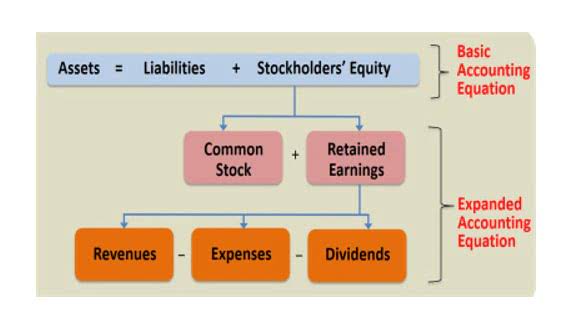
We do not include the universe of companies or financial offers that may accounting be available to you. Check to see that the contact information is correct, as checks may go missing simply because of an incorrect mailing address. To protect you from someone depositing a cheque without your permission, include a note that states “for deposit only to the account of payee”. – Contact the person who wrote the check and ask if they can give you a new one. Instead, the money likely belongs to the state, and you’ll have to go through the unclaimed property and escheatment process. Almost every state requires a business to perform due diligence by contacting the owner of the unclaimed property.
- That is why a person should carefully look at any check they have been given and make sure that it is not already stale.
- And since the bank is going to receive the funds upfront there’s no worry about receiving and dealing with a bad cheque.
- The payor is the entity who writes the check, while the payee is the person or institution to whom it is written.
- If you try to cash a stale check or someone tries to deposit a stale-dated check that you’ve written, here are a few things to look out for.
- Businesses and even personal transactions are sometimes done using checks.
- If this happens, your account may lose funds, and you could be charged a penalty instead.
How to cancel a check in 3 steps

Stale data is a state of data that is outdated and no longer maintained because the process of collecting or ingesting new data has stopped. It is a common problem, particularly in complex data environments managed by multiple teams where data pipelines may break or become neglected. Because disk space is a finite resource, identifying and decommissioning unused tables can result in significant cost savings. Outdated datasets introduce numerous problems in data management. For instance, a data analyst might encounter a table named “all_customers” that appears to contain all the necessary information, including a “status” field. However, upon closer inspection, the analyst discovers that the table has not been updated recently.

Examples of Expiration of Checks by Type
- – If you’re the one who wrote the check and it has yet to be cashed, check with the recipient to see if they still plan to cash it.
- Outstanding checks are checks that have been issued but not yet presented for payment or cleared by the bank.
- In this situation, a check will be returned for deposit at a later date when the funds might not be available.
- The National Association of Unclaimed Property recommends sending a formal letter to business owners warning them that their property may become unclaimed.
- Because disk space is a finite resource, identifying and decommissioning unused tables can result in significant cost savings.
Even though cheques aren’t as common as they once were, they’re still used and there can be some important things to know. Your bank or financial institution considers a cheque to be stale-dated when it becomes too old, which is usually after six months. A bank or stale dated meaning financial institution is required to cash certified cheques and cashiers cheques even if they’re more than six months old. Cheques are becoming less and less common to make or receive payments.
- • The issuing bank may not be able to transfer the funds, as noted above.
- The bank also can simply bounce the check without even trying to reach out, which means the depositor may get hit with a « deposit item returned » fee that can be up to $30 or more.
- Julia Kagan is a financial/consumer journalist and former senior editor, personal finance, of Investopedia.
- When it comes to stale checks, simply voiding the old one and reissuing a new one is usually all it takes to solve the problem, but there are always exceptions.
- BankersOnline is a free service made possible by the generous support of our advertisers and sponsors.
- Sometimes, the issuing bank may mention an expiration date on the check.
MANAGING YOUR MONEY
If a person has been given a personal or business check, it is important to understand that the check has a limited period during which it is valid. Most personal checks have a maximum time frame in which they can be presented to a bank before they become stale or invalid. The standard period is usually 180 days, i.e., 6 months, from the date on which the check is issued. A personal or business check that’s older than six months is technically considered stale, but that doesn’t mean it’s void, a bad check or that your bank won’t honor it.

If you ever come across an old check, the best option might be to contact the issuing bank Law Firm Accounts Receivable Management or the check’s issuer to determine its current status. Before cashing a check after the requested time frame, consider the reason for the payer’s request. It might be the case that they’re living on fixed income and won’t have the funds available after the specified time frame.
- A person should know how long they have to cash or deposit the check before it becomes too old.
- Not only are they easy to lose, but it can take longer for funds to reach the right account with a physical cheque.
- The possibility of clearance of the business amount lies with the bank itself.
- Escheatment is the process by which banks and other financial institutions turn over unclaimed property to the government.
- This can happen if the recipient forgets about the check or if there is a problem with the check, such as a spelling error or incorrect amount.
- When you finally try to deposit the check, you may be told that it is stale-dated and cannot be cashed.
